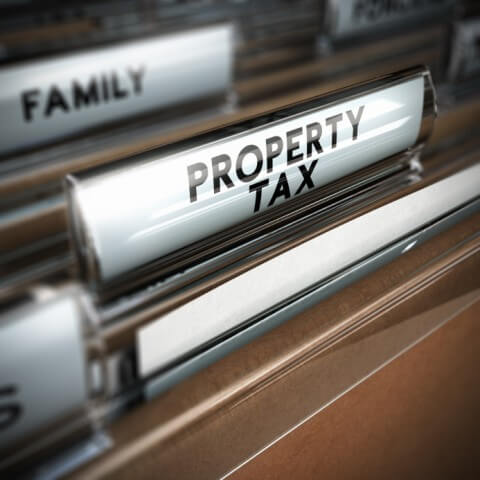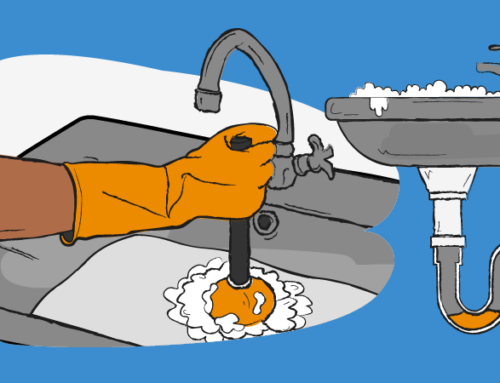Government Cracks Down on Flipping

Unless you work in the property or private rental sectors, you may not have heard the term flipping before or understand why it is causing such an issue in the UK right now.
However, due to the current housing boom and the demand for housing vastly outstripping supply, the Government is planning to crack down on those that flip their homes.
As a landlord, this could greatly affect your business, so here Just Landlords looks at the issue in further detail:
What is flipping?
Put simply, flipping is the process of changing your main residence before selling a property in order to avoid paying Capital Gains Tax (CGT).
Previously, the rules stated that those who own two or more houses would have to pay CGT if they choose to sell their second properties. However, many found a way around this by claiming that their second property was actually their main residence.
The issue of flipping was first revealed back in 2010 when a number of MPs changed their main residences before selling their properties in order to benefit from tax breaks; however, a number of foreign investors have also benefitted from it.
Can landlords flip houses?
Generally, landlords have been less able to flip their properties than others, as previous rules stated that you could not claim main residency of a home if you are letting it out.
However, landlords who decided to sell one of their properties could have waited for the tenancies to end and their tenants to move out before claiming that they are using it as a personal residency before selling it on.
The same can be done by overseas landlords who have invested in properties in the UK, as previously, even UK residents living abroad were exempt from paying CGT, due to the fact that they were not technically living in the country, therefore, their properties didn’t count as second homes.
How are the rules changing?
In order to reduce the amount of people flipping properties in the UK, the Government has brought in new rules concerning what constitutes as your main residence.
They are currently looking at two options, the first being that your main residence is the one where your post is sent, where you are registered to vote and where your family lives, while the second is that your main residence is the place where you live most of the time.
However, the second option has proved unpopular due to the fact that many people live in alternative properties during the week instead of commuting, yet don’t consider them their main residences.
Patricia Mock of Deloitte, an accountancy firm, said: “Frankly, the second test seems impractical. The first test on the balance of probabilities seems more straightforward, but that will still be difficult.”
Property in Wales
The Welsh Government has recently announced that it is planning on going one step further in order to tackle the issue of second homes, by charging double the amount of CGT when owners choose to sell.
Housing and Regeneration Minister Carl Sargeant said: “Whilst second homes can have benefits for the local economy and tourism, the fact they are occupied for part of the year only may have an adverse effect on providers of local services and the availability of affordable housing for local people. In areas where there is a high concentration of second homes, local authorities may consider it necessary for people who have more than one home to pay a Council Tax premium, and thus make an extra contribution to the provision of local services and affordable housing though the local taxation system.”
What will happen to the property and private rental markets?
By changing the rules concerning second homes and CGT, the Government is hoping that more properties will soon enter the market.
The tax will also go towards funding housing projects across the country, hopefully reducing asking prices as well as enabling more people to get onto the property ladder.
As a landlord, this could mean that you will start to see more pressure placed upon you should one of your properties be going through a void period, as even though you will be able to protect your business with unoccupied property insurance, your local authority would much rather see it back on the market.





